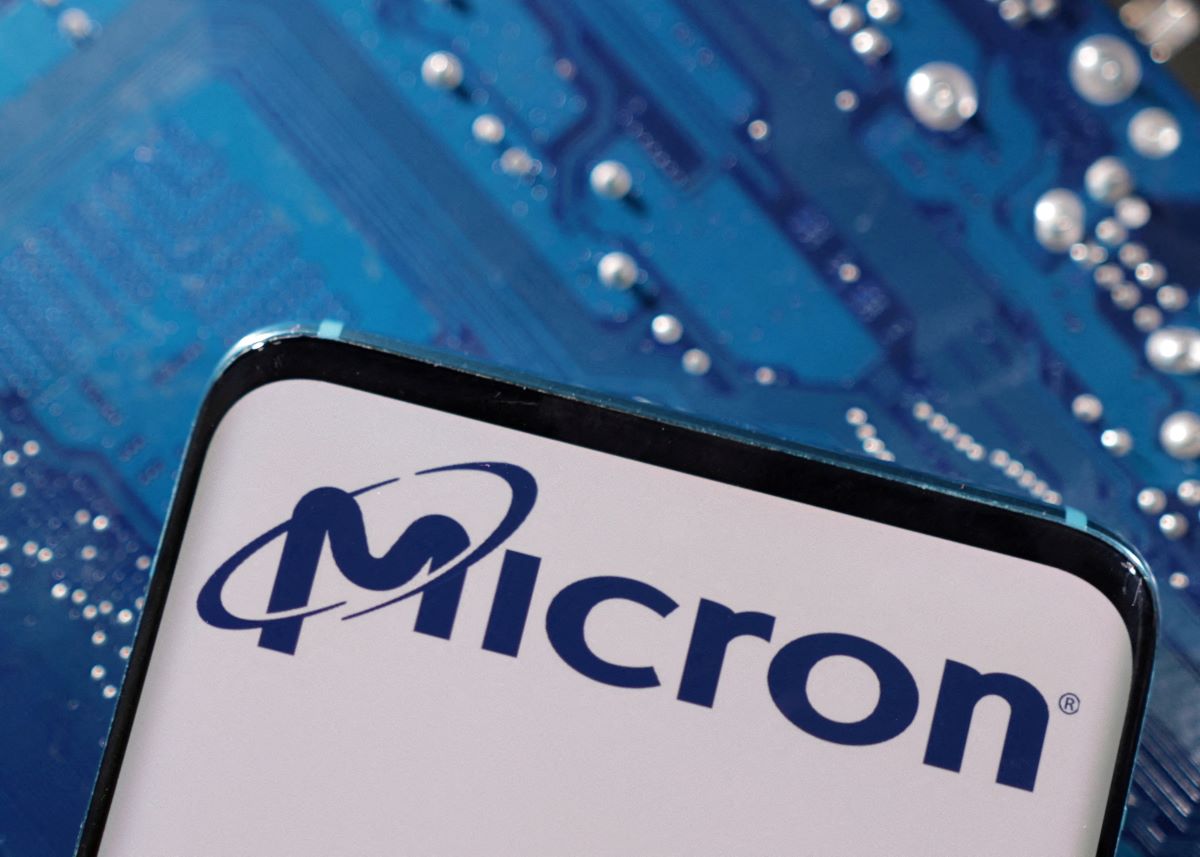The U.S. is challenging China’s recent ban on memory chips produced by Micron Technology, a measure announced last week and justified by vague national security concerns.
Commerce Secretary Gina Raimondo addressed the issue on Saturday during a news conference following a multinational trade meeting focused on the Indo-Pacific Economic Framework.
Raimondo stated that the U.S. government “firmly opposes” China’s restrictions on Micron and declared that such actions will not be tolerated.
She criticized the ban as targeting a single U.S. company without factual basis, labeling it as “economic coercion” that will not be tolerated or deemed successful by the U.S.
China’s cybersecurity agency announced on May 21 that Micron, a leading U.S. semiconductor manufacturer specializing in computer memory and data storage, was deemed a national security threat.
The agency advised that operators of critical infrastructure in China should cease purchasing Micron products due to “network security risks” that are said to impact “China’s national security.”
Prior to China’s announcement, the U.S. and G-7 member countries had imposed new restrictions on China’s access to technology essential for chip manufacturing.
Raimondo emphasized that the U.S. is actively collaborating with international partners to address challenges related to China’s non-market practices.

She also noted that she discussed the Micron issue with China’s Commerce Minister, Wang Wentao, during a meeting on Thursday.
In response to the restrictions, Micron issued a statement indicating that it was reviewing the Chinese Cybersecurity Administration’s notice and evaluating its next steps. The company expressed its intention to continue engaging with Chinese authorities.
Over the past year, the U.S., Europe, and Japan have taken measures to restrict the export of advanced chips used in manufacturing processes for various technologies, including cars, smartphones, and computers.
This is driven by concerns that the Chinese government might use such technologies to enhance its military capabilities or intensify internal repression.
These actions coincide with the Chinese Communist Party’s increasingly aggressive posture towards regional neighbors like Taiwan and its ongoing human rights abuses in Hong Kong and Xinjiang.
China perceives these tech restrictions as efforts to hinder its development and has retaliated incrementally, concerned that such trade restrictions could negatively affect Chinese companies involved in producing global consumer electronics.
Micron derives about 10% of its revenue from China, although most of these sales come from non-Chinese companies purchasing chips for use in products manufactured within China.
It remains uncertain whether the new restrictions will extend to non-Chinese firms operating in the country.







Leave a Reply